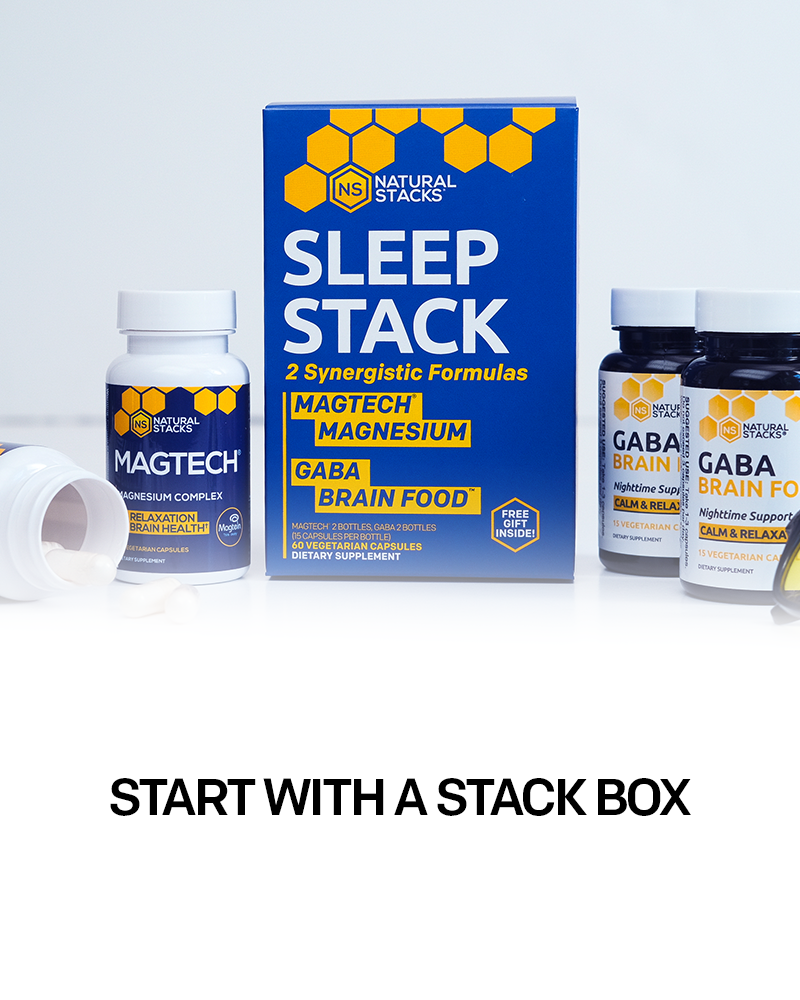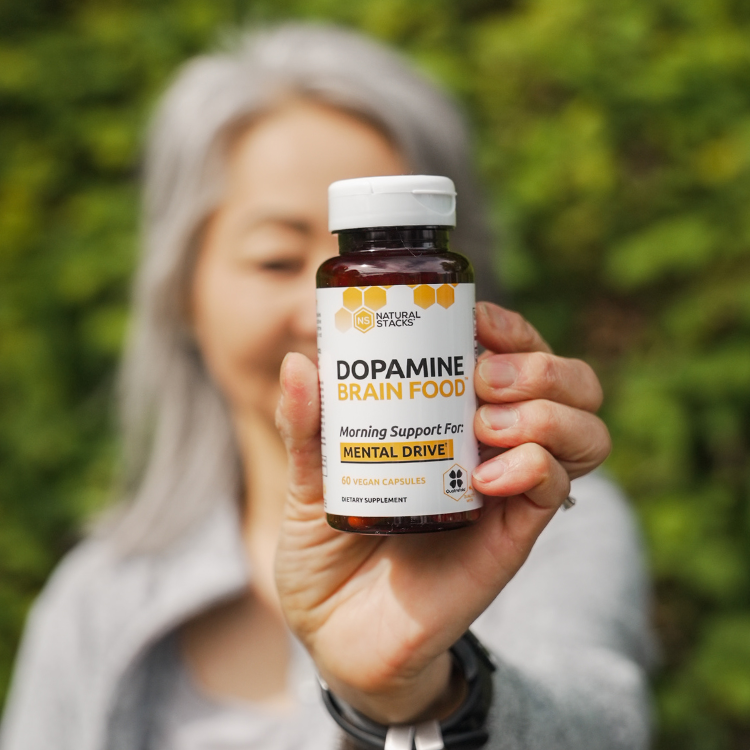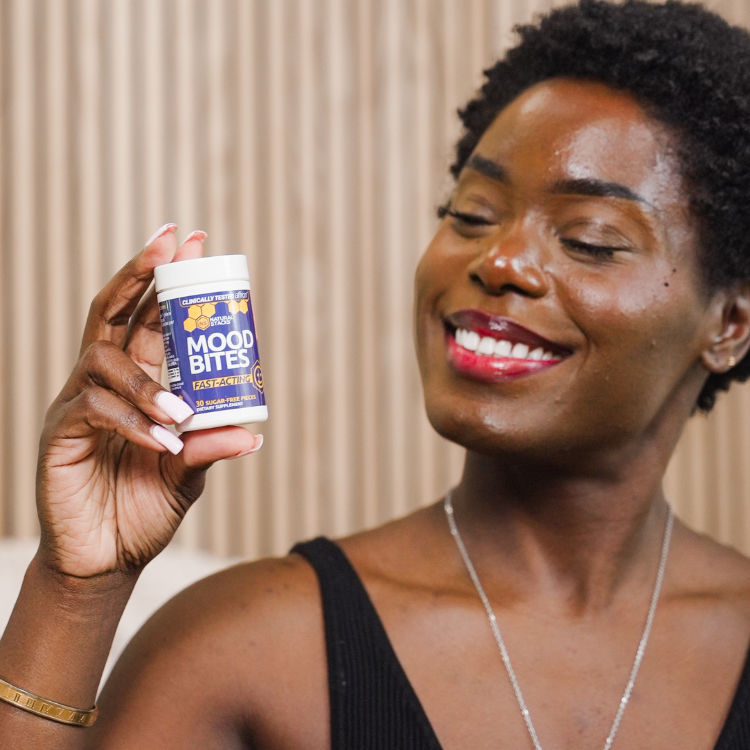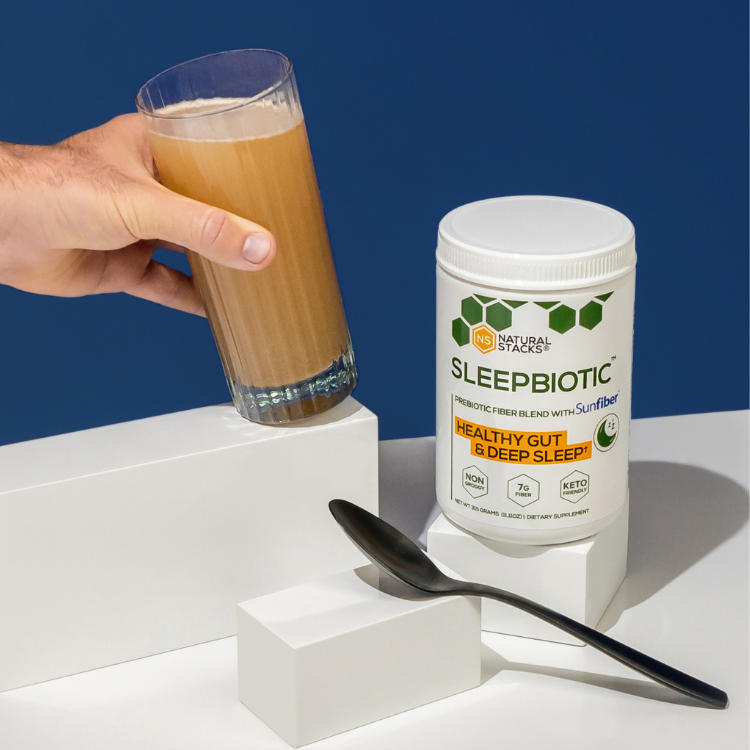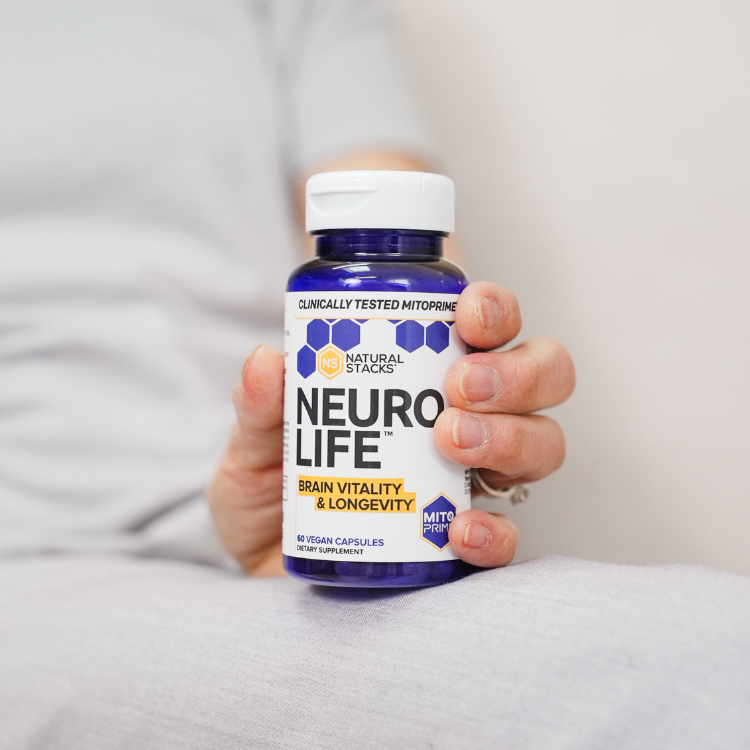Shop By Category
What formula is right for you?
Take the quiz below to find which products are right for you.
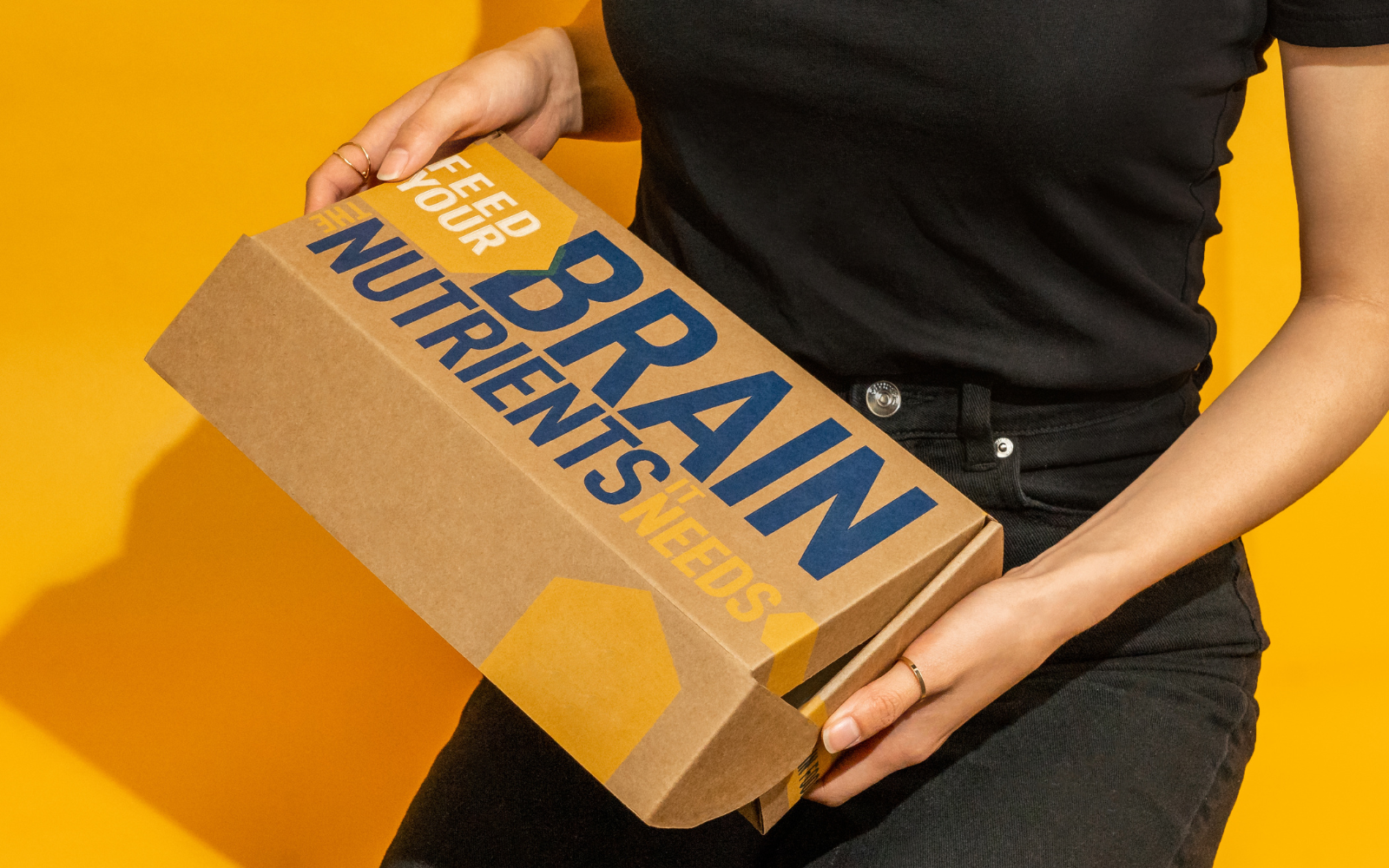
YOUR BRAIN HEALTH ROUTINE, MADE EASY
Subscribe & Save 20%
- 20% Off Every Month
- Free U.S. Shipping
- Delivered On Your Schedule
- Account Support
The Natural Stacks Difference

Natural Stacks

Other Brands
Targeting a singular cognitive function
One-size-fits-all approach
Results on the first dose
Take for 30 days to get results
Full label disclosure & ingredient traceability
“Proprietary” non-transparent formulas
4-5 scientifically formulated ingredients
10-15 different ingredients at low-doses
Results You Can Feel.
Lab Tests You Can See.
SHOP NOW
Trusted by Hundreds of Healthcare Practitioners
Meet The Health Practitioners Building Better Brains

STORE LOCATOR
Now Available At Your Favorite Retail Locations
Click below to access our store locator and find our stacks at a store near you.
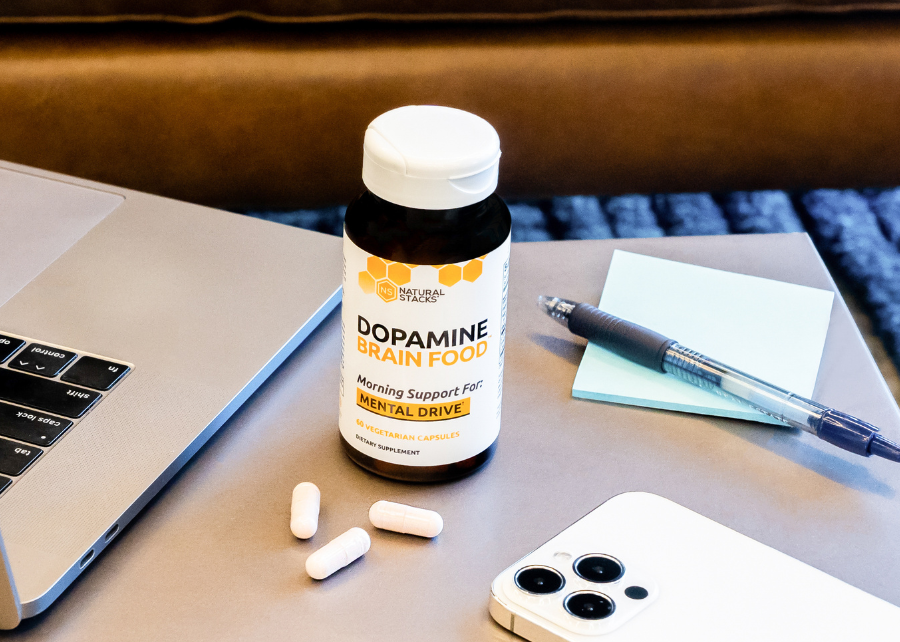
EASILY MANAGE YOUR SUBSCRIPTION
Log in to your subscription
- Change your frequency
- Edit, skip, or swap
- Add a new product





